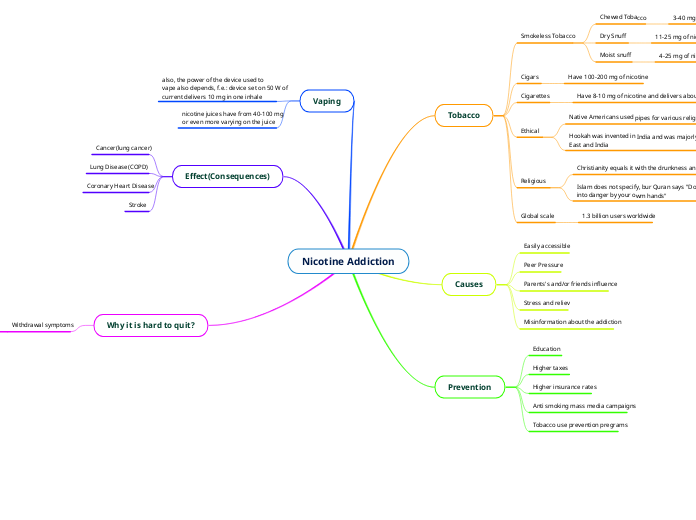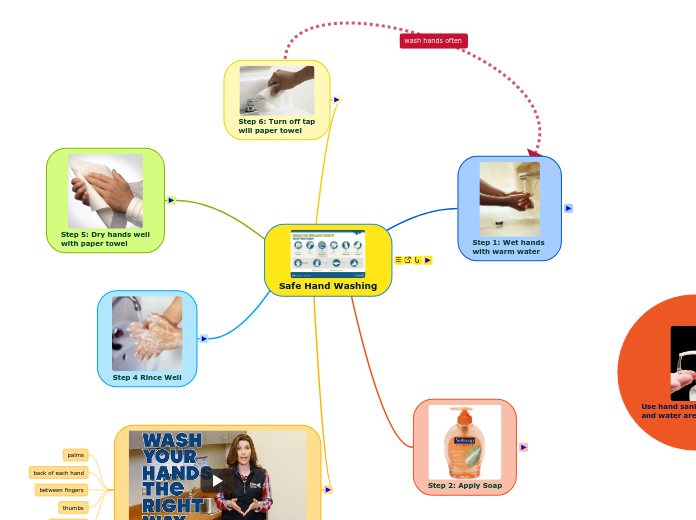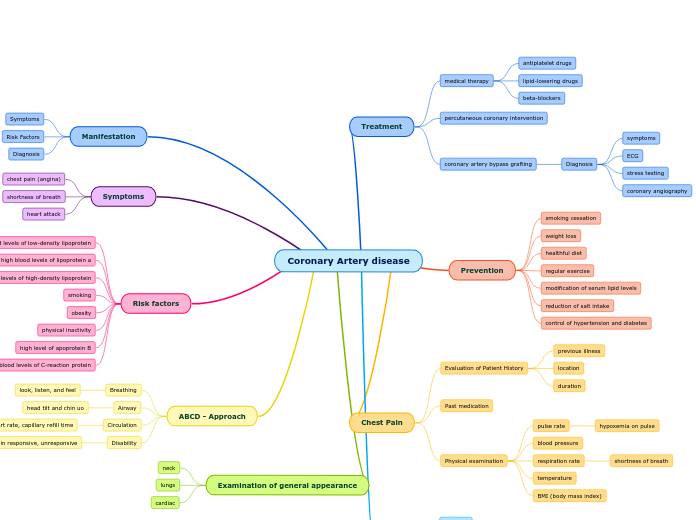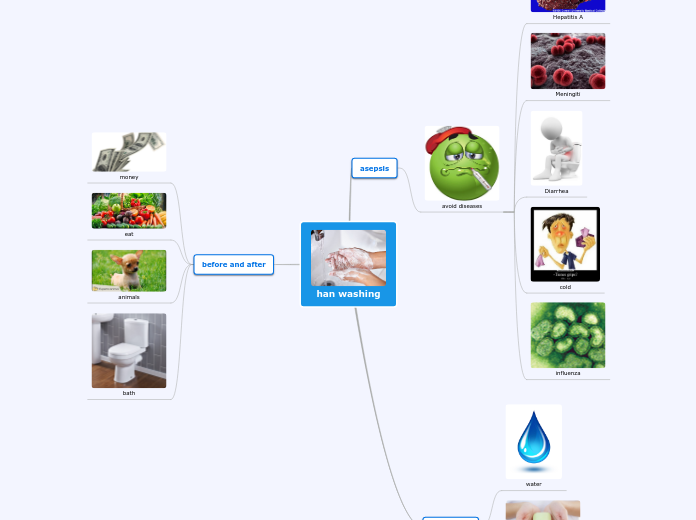by Nurhat Turmagambetov 2 years ago
165
Nicotine Addiction
Nicotine addiction presents a significant public health challenge, with a multitude of factors contributing to its persistence and difficulty to overcome. Various prevention strategies, including education, higher insurance rates, and anti-smoking mass media campaigns, aim to reduce tobacco use.









